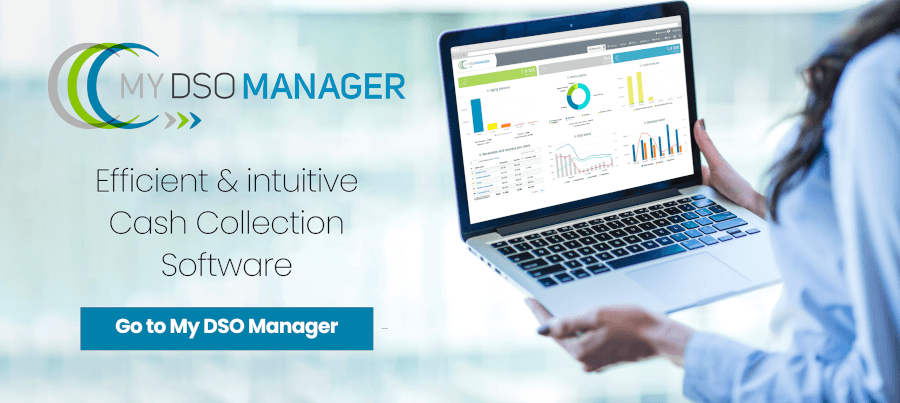With a customer based in the same country as the seller, the risk of non-payment of invoices is mainly based on the creditworthiness of the customer. The assessment of its financial health and its payment behavior allows to set a consistent credit limit and to use tools to secure the risk.
With export, the field of outstanding cases is much wider and they do not necessarily linked to the creditworthiness of the buyer, which can also be much more difficult to assess due to the lack financial information.
The financial analysis, which represents 50% of the credit analysis of a domestic buyer is difficult to use in this context and has an interest which may be limited given the quality of financial statements obtained..
Export type of risks
Commercial or credit risk
At export as the domestic market, the failure of the buyer generates unpaid invoices. The nature of this risk depends on the local legislation on bankruptcies.If it is necessary to ensure the solvency of the customer, it is also important to obtain information about its ability to meet its commitments. This client is he serious? How he pays his other suppliers? Does he respects its commitments?
This behavioral aspect is essential in Export business because it is not always possible to obtain financial information because of the local culture and practices. Moreover, good financial statements provide no guarantee if the company has a habit of not respecting its obligations. Credit risk should be assessed as accurately as possible and should be covered by one or more appropriate tools.
-

My DSO Manager, the online credit management software
My DSO Manager offers a set of powerful features to manage accounts receivable and to improve working capital.
It includes innovative functionnalities for credit management and cash collection.
Dunning documents (emails, interactive emails, SMS, mails...) are dynamically generated through #Hashtag and are customizable for each customer for optimum efficiency.
The software can be used very quickly with Smart upload module, automatic import by FTP or our connectors (Quickbooks, Salesforce...). See more with the online demo.
Political risk
It is the risk of occurrence of political events (war, social instability, bankruptcy of state ... etc.) in the buyer's country which may affect the interests of the seller, that are economic and / or human. This type of event can disrupt or cancel trade transactions to the detriment of the seller and generate outstanding invoices. This risk applies to private and especially public purchasers.If it occurs, remedies are very uncertain for the seller and may take a long time to complete. It is therefore necessary to anticipate this risk and to cover it.
Currency exchange risk
When the currency of the seller and the buyer are different, any change in the exchange rate has negative effects on one of the two actors. If the sale is made with the currency of the buyer, the risk is supported by the seller who can see the benefits of the sale melting due to devaluation of the currency of the customer. The evolution of the exchange rate can have several economic and political backgrounds that are not necessarily predictable.Example with the realization of a business between the seller "Elec" based in France and a buyer "MT" in Great Britain:
Case amount : 10 000 GBP or 11 976 EUR.
The exchange rate is 1,1976 EUR for 1 GBP.
Immediate delivery and billing of 10,000 pounds per Elec the March 25th. The bill has a due date of May 15th.
If the 15th of May, the exchange rate is 1,08 EUR for 1 GBP, the amount of 10,000 pounds paid by MT is 10 800 euros only, which generates a loss of 1,176 euros for Elec.
Bank risk
This is the risk that a bank does not meet its commitments or because it is not impartial (connivance with the buyer), or because it is not solvent.If this is the case, guarantees obtained from them may not be honored, which can lead to outstanding. Problems are common concerning transactions by cash against documents or letter of credit (without confirming and notifying bank).
Delivery risk
The Incoterm defined during commercial negotiation has a major impact on the responsibility of actors including the seller in the delivery of the goods. It can be brought to bear hazard beyond its control if the transfer of responsibility was poorly negotiated.This risk must be considered and narrowed by commercial negotiation (obtaining a more advantageous incoterm) or, if this is not possible, by insurance.
Contractual risk
Which law applies to the contract? Is it the law of the country of the seller or the buyer?If it is the buyer law, the risk to the seller is not having the necessary skills in-house with consequences a commercial contract which includes clauses against him (no liability limit, no limit commitment ... etc..) and, in case of dispute, having to perform an action in the country of the buyer with all the uncertainties that this entails.
Manage and mitigate risks in Export business
Once the panorama of the risks identified during or even before the trade negotiations, it is necessary to select and negotiate the implementation of appropriate security tools.Main securization tools
- Payment in advance.
- Documentary credit.
- Letter of credit.
- Letter of credit StandBy.
- Cash against documents.
- Projects management.
- Single risk insurances.